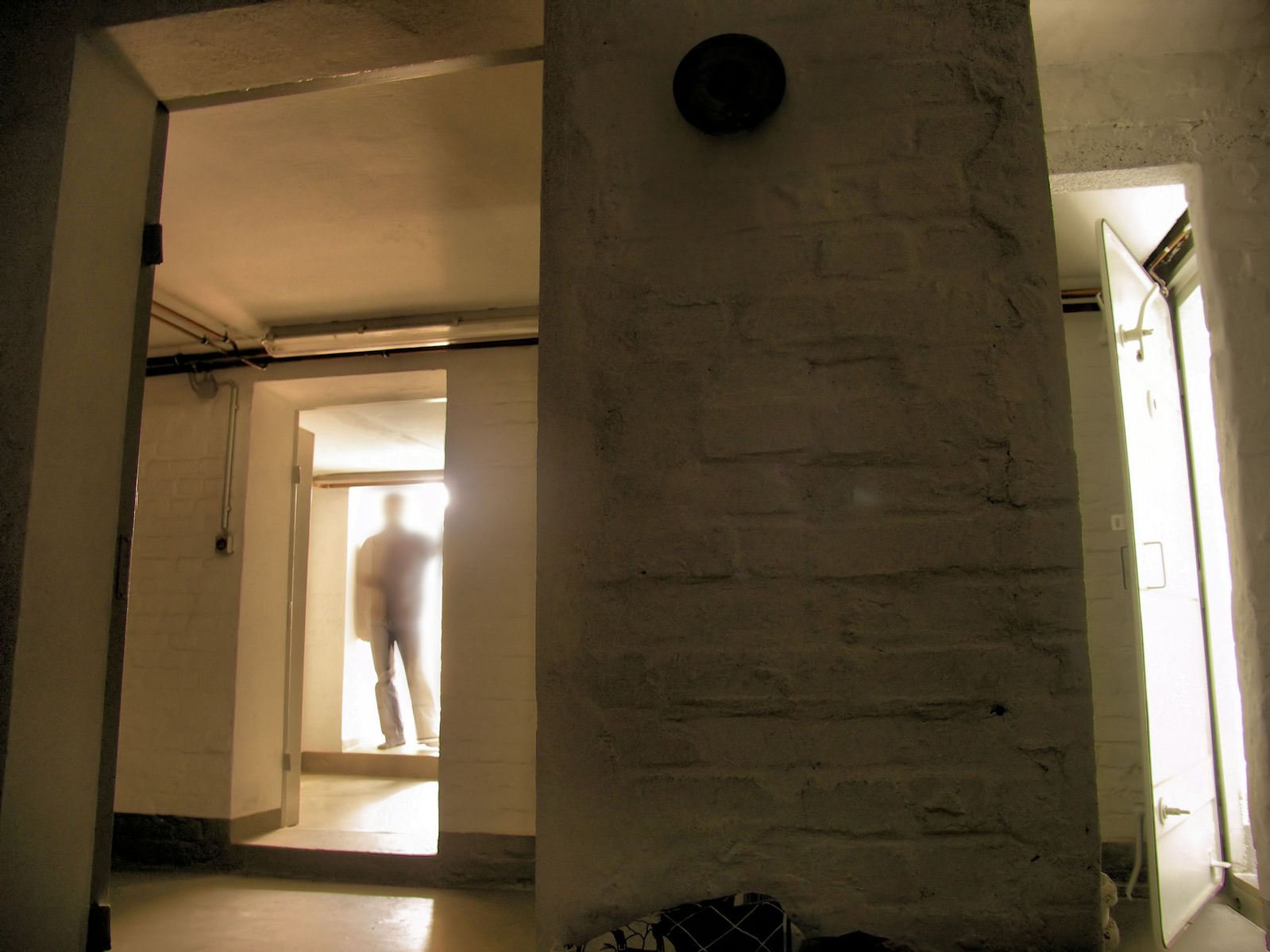
 Summary: A rather pessimistic but likely realistic outlook for the European Patent Office (EPO), which seems unable to attract the sort of staff it attracted for a number of decades
Summary: A rather pessimistic but likely realistic outlook for the European Patent Office (EPO), which seems unable to attract the sort of staff it attracted for a number of decades
THE quality (or skills/experience level) of EPO recruits has taken a massive dive. It's a deterioration that EPO insiders keep complaining about. It's not just a decline in patent quality but also the abilities of examiners. Many are leaving only to be replaced by far less experienced people. Just see what people who come for a job interview are saying. Some of them are rather shocked.
"Many are leaving only to be replaced by far less experienced people.""Making the right decisions on patent grants requires a high level of expertise," the EPO wrote a few days ago, "so the EPO provides a two-year training programme for newly recruited examiners."
With layoffs in the making, one must wonder if there's any future for them (or what kind of future). It's worth noting that the management too is of bad quality; a lot of managers are simply friends and allies of Battistelli (some appear to have been hired owing to family connections). How about that Croatian bully who was hired by Battistelli and had his contract renewed at his proposal? The only thing EPO gets from Croatia seems very dodgy officials who censor the Croatian media. To put things in perspective, Croatian media wrote some days ago that Croatian patents are something like a thousandth of what Germany gets. To quote:
In 2017, Croatian researchers and innovators have registered just ten patents.
In five years, Croatian researchers and innovators have registered just 55 patents with the European Patent Office (EPO). Last year, they filed only ten patents, fewer than any other EU member state, reports VeÃÂernji List on April 12, 2018.
"And they have a Croatian man as a Vice-President whose only accomplishments appear to be cheating his way in and bullying staff."Also noteworthy is this new EPO tweet in which they said: "Successful companies use patent information for a variety of purposes, such as finding out about existing technologies."
"By “finding out about existing technologies” they make themselves legally LIABLE for ENHANCED damages in patent trials against them," I responded. "IOW, better to never read patents. Large companies say so. They refuse to even look."
Unfortunately, the EPO in 2018 is out of touch. It has been lying every single day so far this month. It's misleading about SMEs and about the Boards of Appeal. It barely even mentions the UPC anymore, but an account associated with that has just said: "Unitary Patent & Unified Patent Court 2018 Is everything ready for the launch of the #UPC in December 2018?"
"Unfortunately, the EPO in 2018 is out of touch."Complete nonsense! Who even wrote such a lie? Just because they add a question mark at the end doesn't make it OK. But this is about an EPO event, in which Team Battistelli will simply lie, as usual.
It's worth mentioning that just before the weekend Edward J. Kelly and Regina Sam Penti (Ropes & Gray LLP) demonstrated poor grasp. They aren't up to date or maybe they're in denial about what's happening; the EPO isn't "stricter standard to which patent specifications are subject in Europe." EPO patent quality became laughable under Battistelli. In some respects it's even worse than that of the USPTO. We'll write more about that in our next post. To quote Kelly and Penti:
On March 28, 2018, the U.K. Court of Appeal handed down its decision in Regeneron v Kymab & Novo Nordisk (found here), reversing a lower court decision that found two critical patents covering Regeneron's transgenic mice technology invalid for lacking sufficiency of disclosure. The rationale and analysis underlying the decision are significant because they align the U.K.'s approach to the assessment of insufficiency with that of the European Patent Office, and highlight, for U.S. life sciences and technology companies, the stricter standard to which patent specifications are subject in Europe.
The patents, EP 1360287 and EP 2264163, both disclose methods of producing transgenic mice possessing human antibody genes. These mice, and the technology used to produce them, have been highly valuable to Regeneron. These patents protect fundamental inventions behind Regeneron's VelocImmune humanized mice, which is considered one of the most valuable technologies in biotechnology history, helping to generate significant licensing revenues and blockbuster collaborations. The case was originally brought by Regeneron, which alleged infringement of the U.K. patents by Kymab and Novo Nordisk. The defendants counterclaimed that the patents were invalid for lack of sufficiency, novelty and inventive step. While the High Court rejected the lack of novelty and inventive step objections, it revoked the patents for lack of sufficient disclosure.
[...]
The Court of Appeal agreed. In doing so, it relied heavily on the sufficiency jurisprudence of the European Patent Office (EPO). In particular, it analyzed and endorsed six decisions from the EPO Boards of Appeal, which set out the Board's view of the correct test for assessing the sufficiency of a patent disclosure in view of claim scope. In upholding the patents, the court emphasized that the assessment of insufficiency "must be sensitive" to the nature of the invention, adding that inventions directed to "general methodology" or "general application" can be claimed in general terms even if not all embodiments covered by the claims are enabled. This represents a departure from the view of the High Court that found it improper to have claims covering embodiments that could not be put into practice by the skilled person as of the priority date.